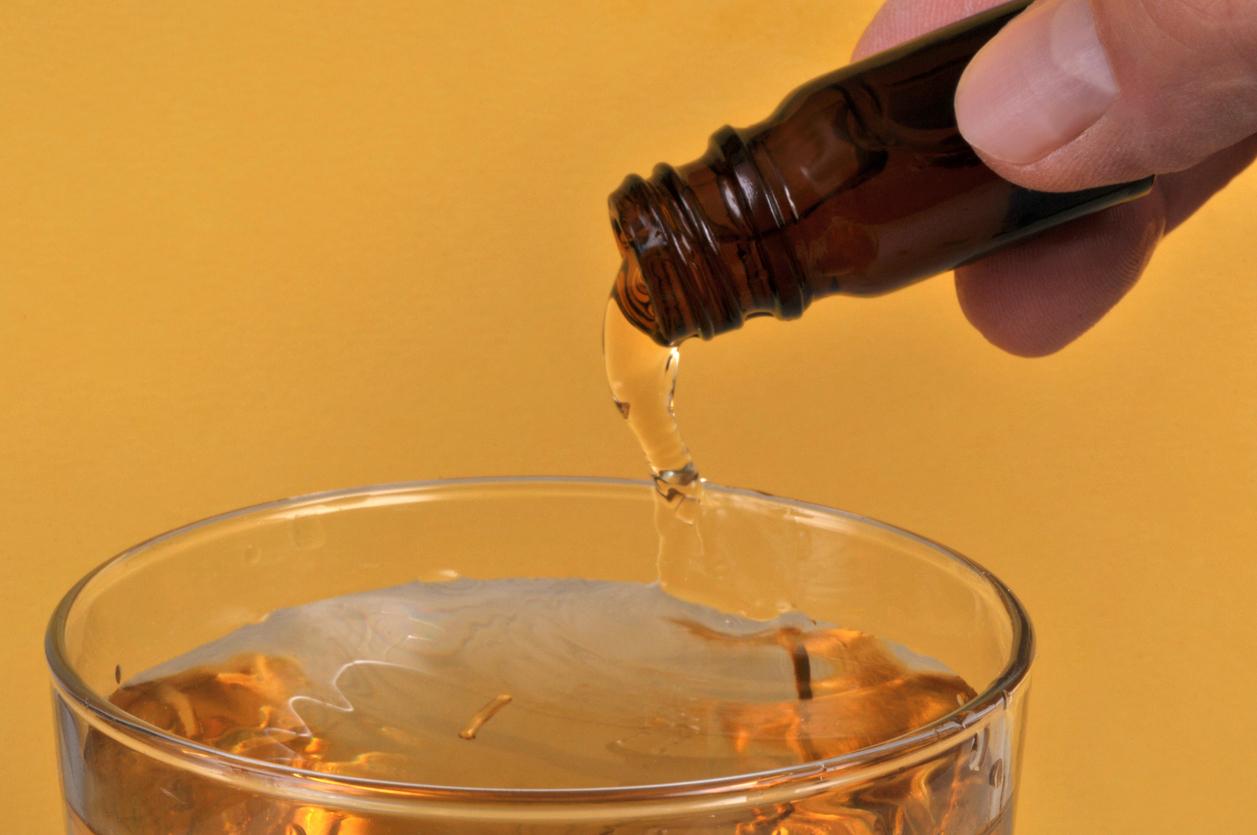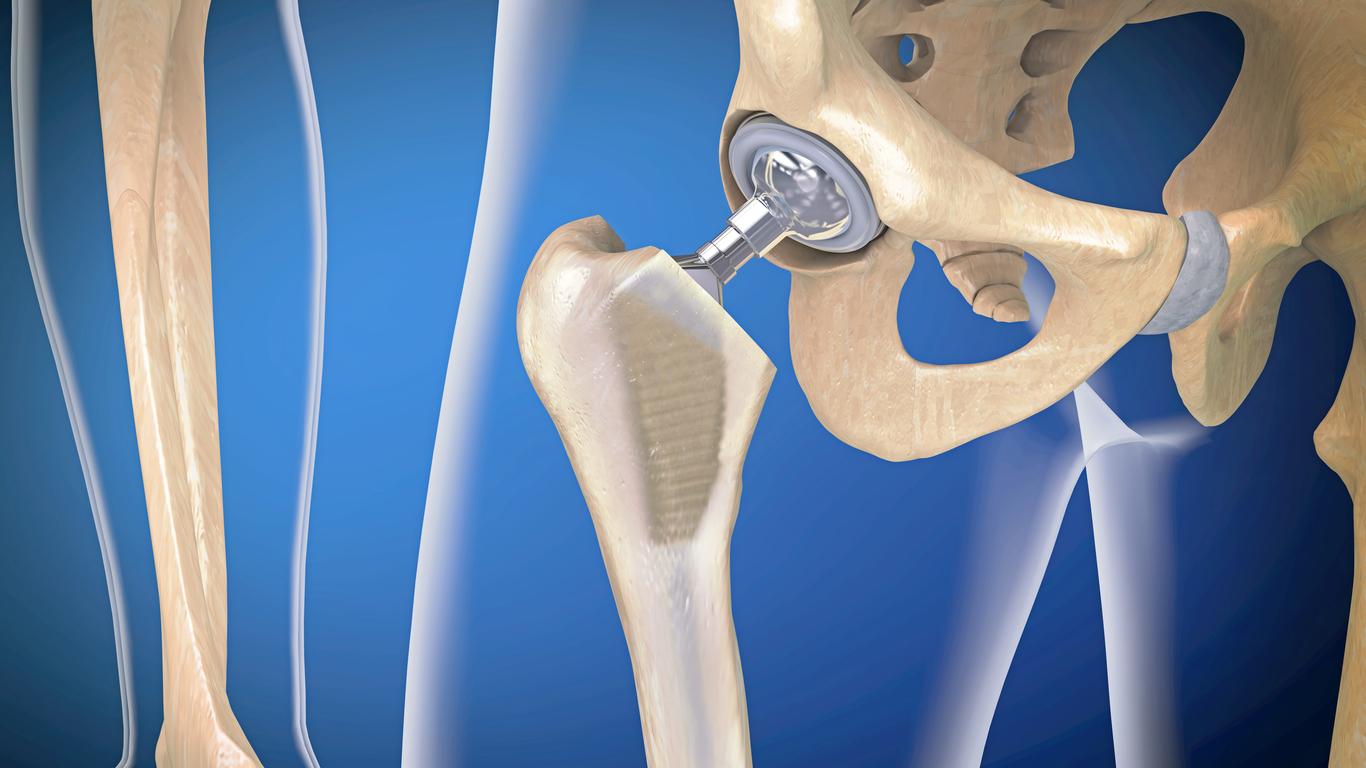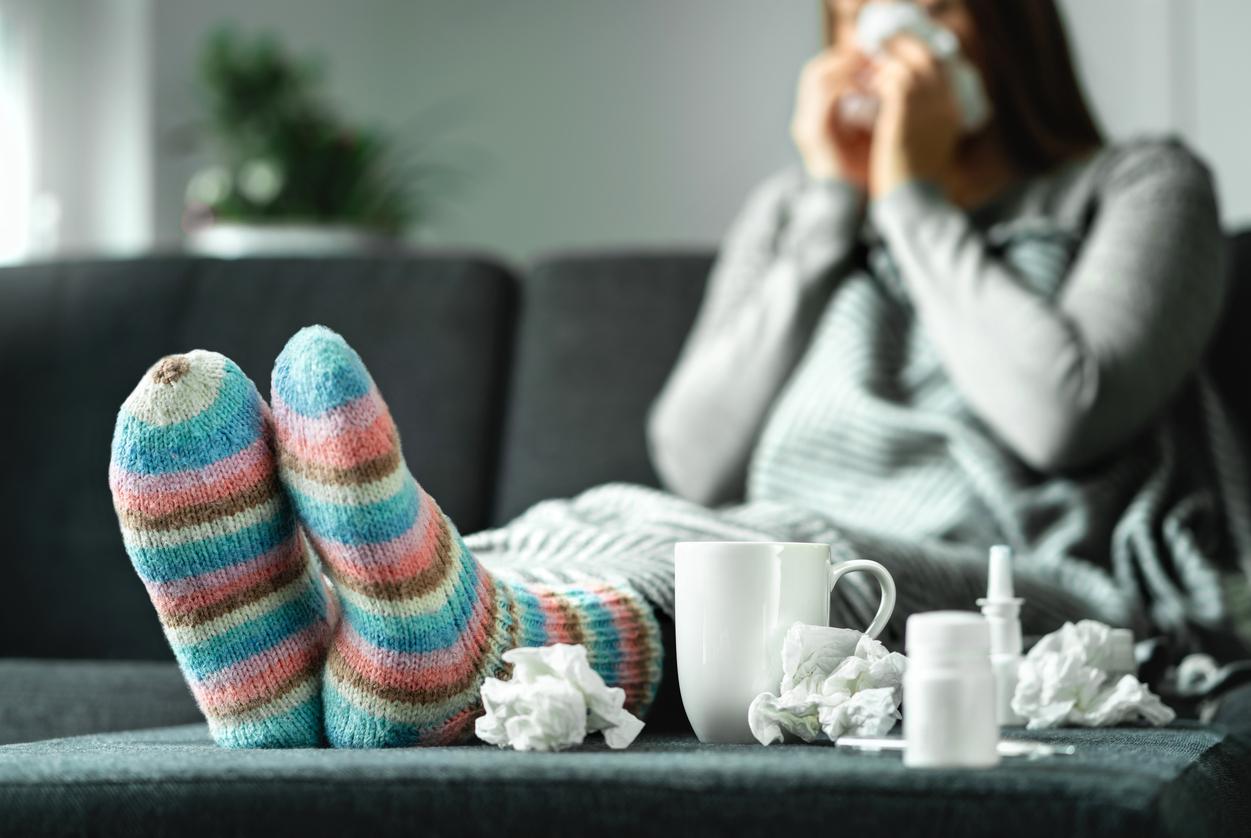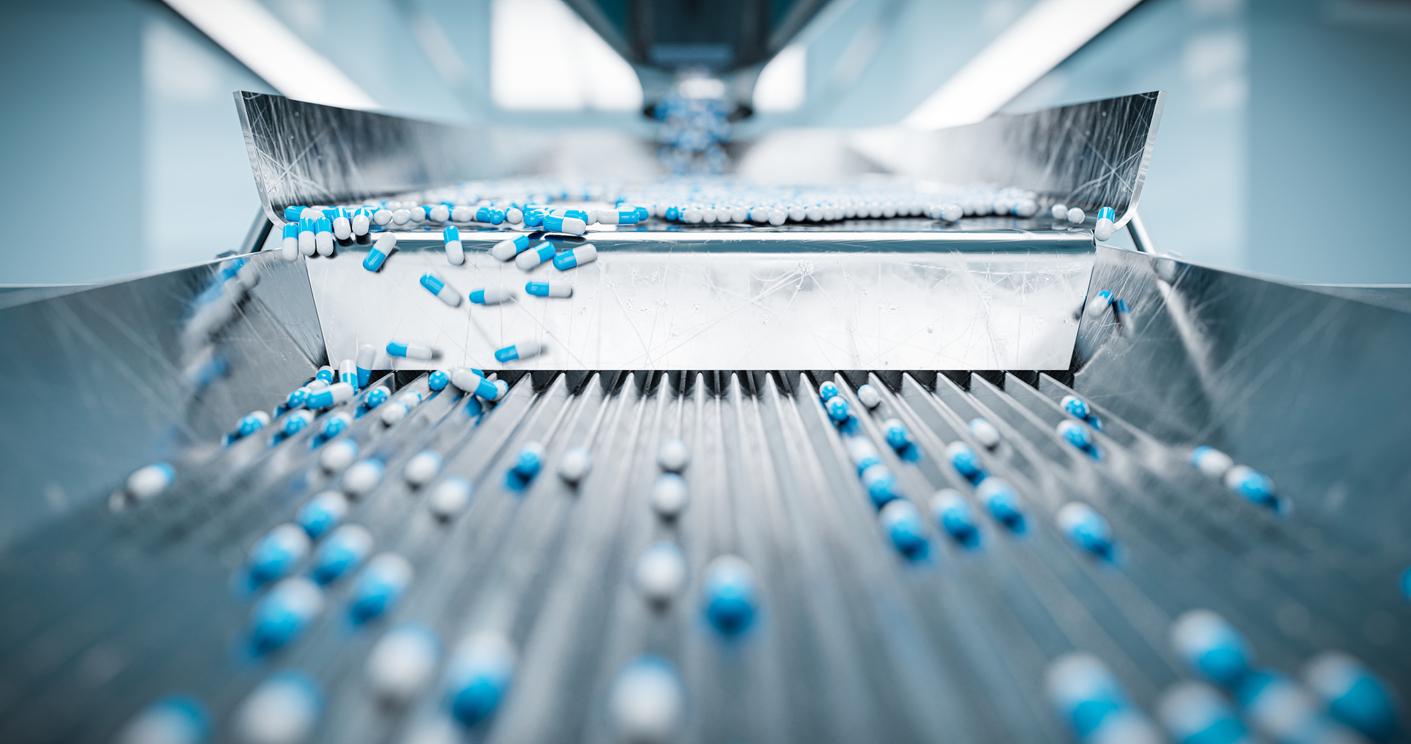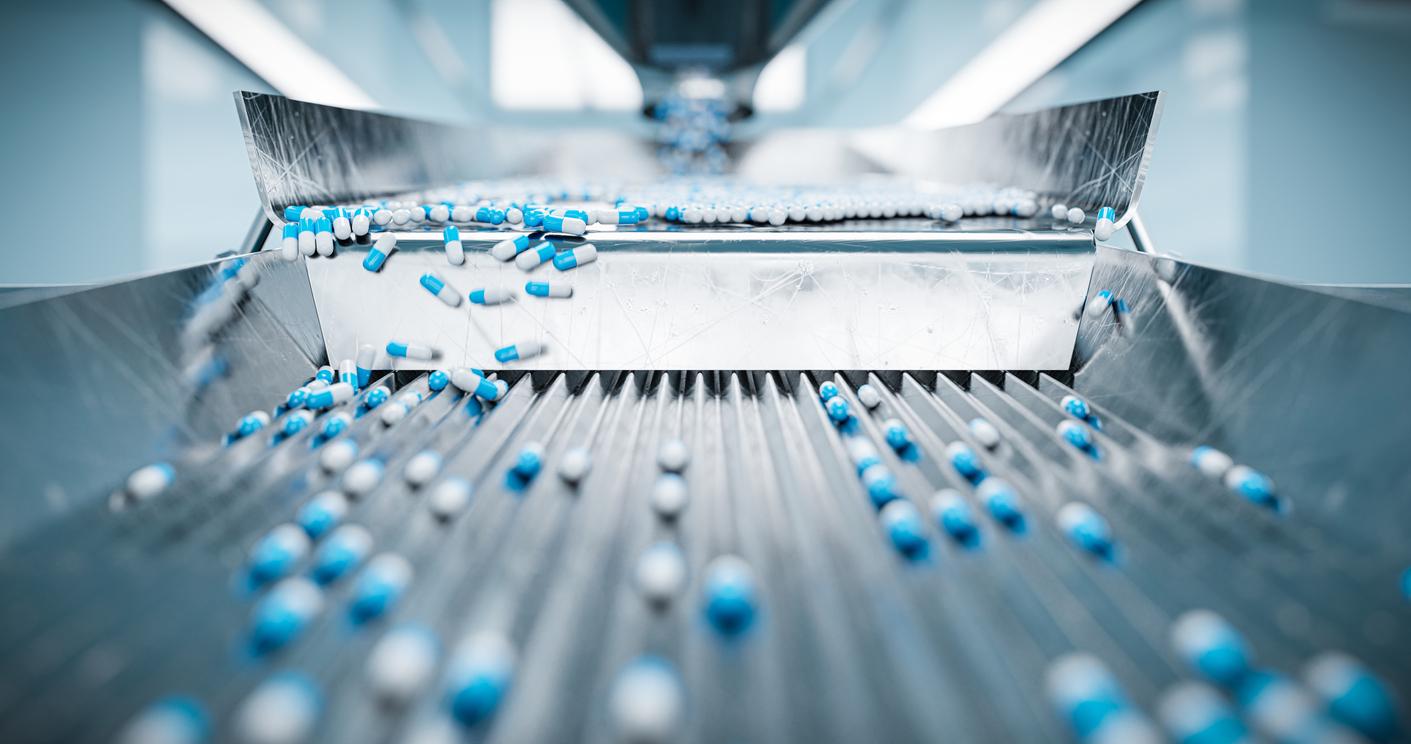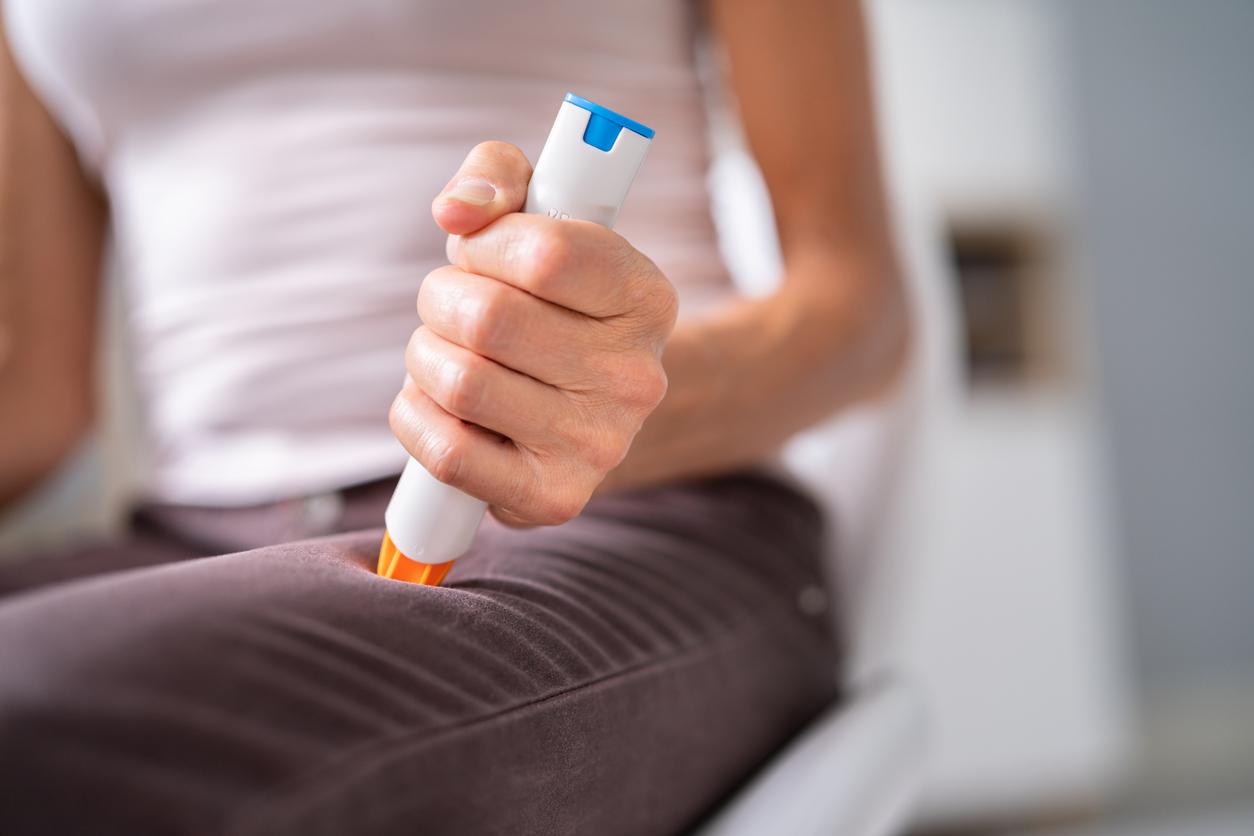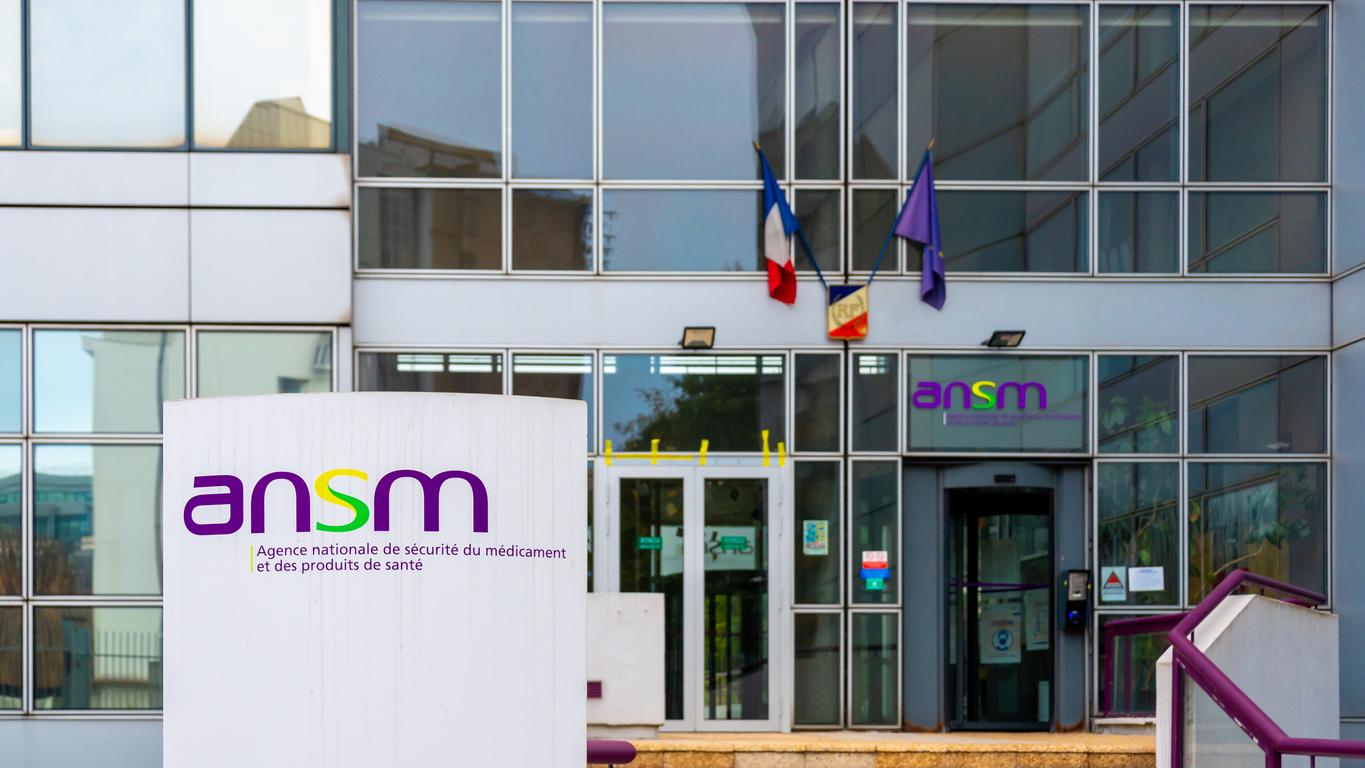With extreme heat, drugs can lose their effectiveness. The ANSM recalls the usual precautions.

After a grim June, France is finally switching to summer time. All weekend, a heatwave is even expected in the southern departments. Nighttime temperatures will not drop below 20 ° C while the thermometer will rise to 38 ° C during the day. It did not take more to trigger the national heat wave plan. Beyond the measures concerning hydration, medication intake must sometimes be adapted, as recalled the National Medicines Safety Agency (ANSM). Why actor takes stock in three questions.
Who are the people at risk?
The risk profiles in the face of hot weather are quite diverse: the elderly and infants are of course concerned. But children and people with chronic illnesses that require drug treatment should also be careful, especially if they are physically dependent on someone else.
Indeed, certain molecules can aggravate two heat-related disorders: the exhaustion-dehydration syndrome, which appears after several days and manifests itself by headache, nausea, dizziness or even hypotension; heat stroke, which develops rapidly (1-6 hours) and can be fatal without treatment. The symptoms are strong hyperthermia accompanied by hyperventilation, hypertension and tachycardia, but also severe neurological disorders.
In extreme heat, every French person is invited to hydrate regularly, eat enough, but also reduce their physical activity and stay cool as much as possible. A telephone platform has also been set up, on 0 800 06 66 66 (free call from a landline).

Which drugs are affected?
The ANSM specifies from the outset that stopping treatment is not systematic. Only the attending physician or specialist can judge the need to adapt or interrupt the intake. The Agency also asks patients not to take tablets without the advice of a professional – doctor or pharmacist – and to avoid non-steroidal anti-inflammatory drugs and paracetamol.
Some drugs are considered potentially dangerous because of their interference with the natural mechanisms of heat adaptation. They then act on hydration, renal function, thermoregulation. Some aggravate pre-existing disorders, but others directly induce hyperthermia.
Treatments that require special attention are diuretics, angiotensin converting enzyme inhibitors, serotonergic antidepressants, proton pump inhibitors, digoxin, benzodiazepines, oral hypoglycemics, sartans, calcium channel blockers, and beta blockers. After the heat wave of 2003, excess mortality linked to psychotropic drugs, especially neuroleptics and antidepressants, was observed.
How to keep them?
The storage conditions are written on the packaging. Unless otherwise stated, they can be stored at room temperature in the medicine cabinet. If they need to be kept at a heat not exceeding 25-30 degrees, then a one-time overshoot is of no consequence. It is after six months of exposure that the molecules are no longer degraded by the body. Storage in the refrigerator is necessary if the drug is to be stored at 2-8 ° C.
Heat sensitive dosage forms present a special case. Suppositories, eggs and creams can lose quality and deteriorate in shape. A simple visual inspection on opening can be sure. Biologic drugs (insulin, somatropin) are also sensitive to heat, but should be kept out of the refrigerator after opening. On the other hand, they do not tolerate temperatures above 25 to 30 ° C well. In these two cases, the ANSM recommends seeking advice from a pharmacist.
.







